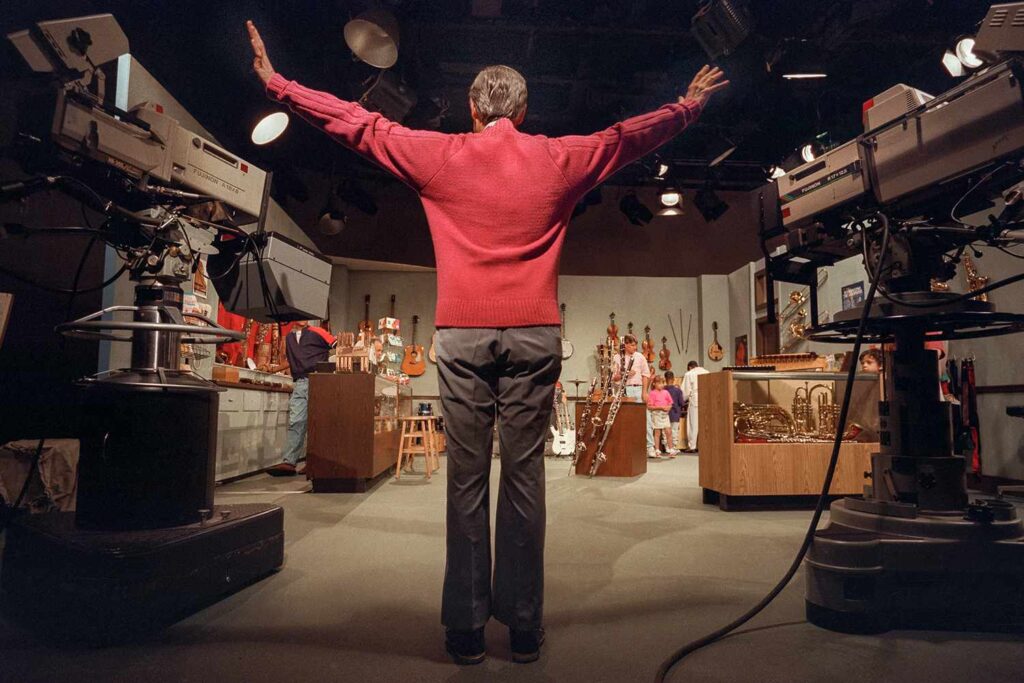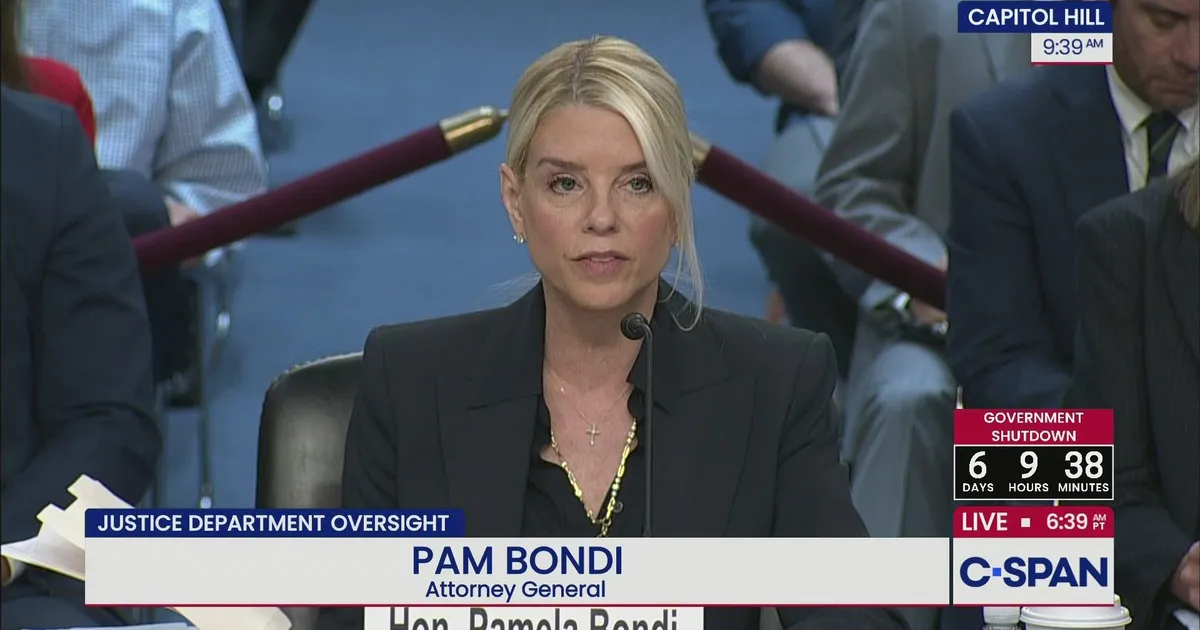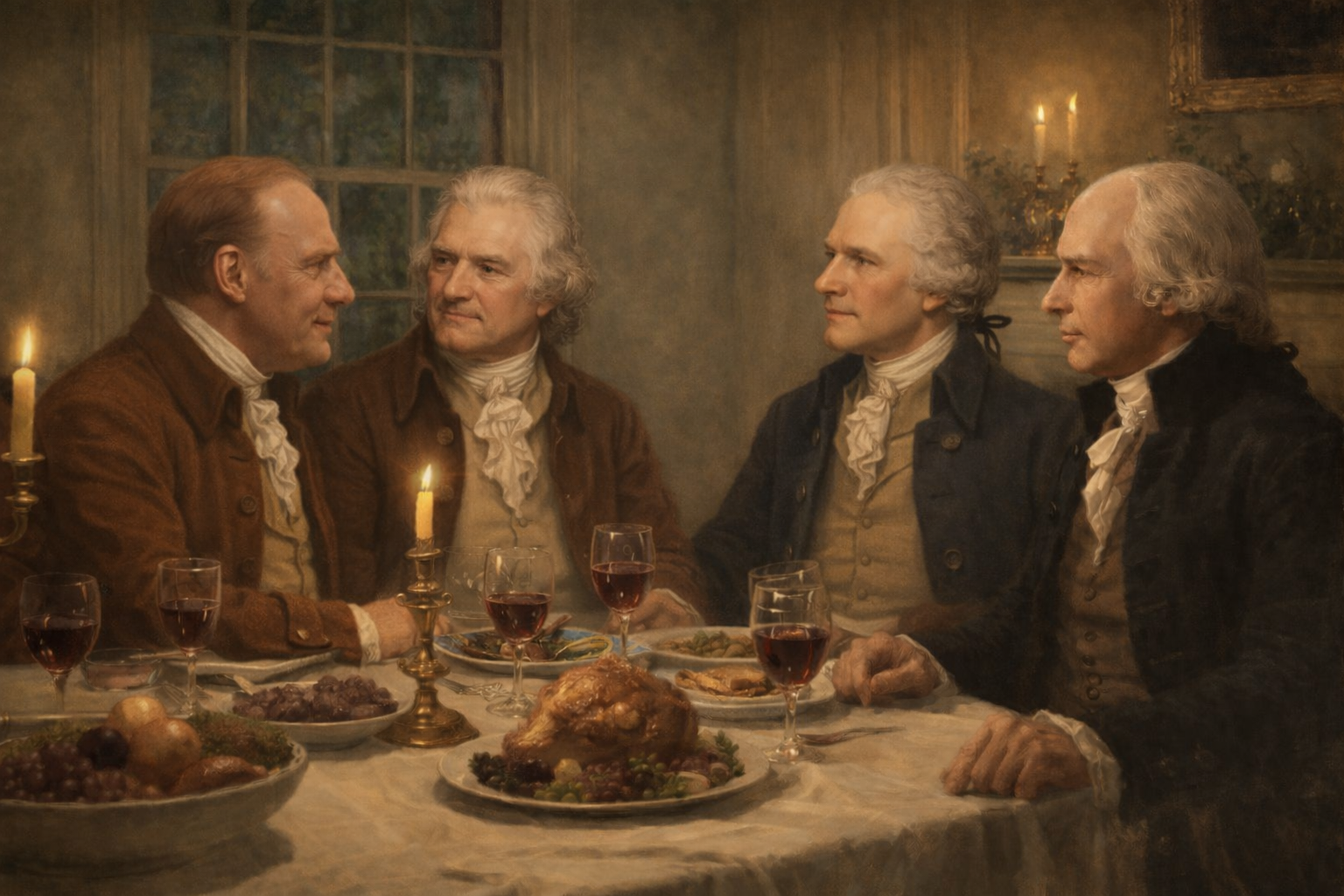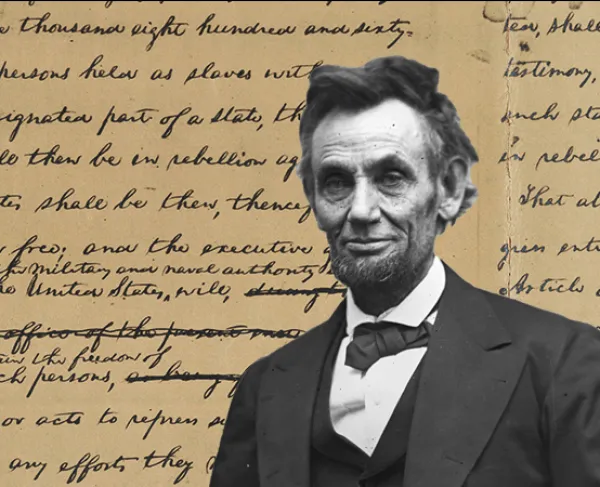
Fred Rogers photographed by Lynn Johnson
Though I was much older than the audience for Mister Rogers’ Neighborhood, I did watch his testimony before a congressional subcommittee. I came away inspired by his plainspoken common sense, quiet reason, and the values he passed on—kindness, honesty, respect, and the importance of becoming a person of character.
In a time when volume often substitutes for values, Fred Rogers remained unshakably himself—a man who believed in the quiet power of compassion, honesty, and responsibility.
For more than 30 years, Mister Rogers’ Neighborhood served as a daily reminder that children need more than entertainment. They need truth. They need respect. And above all, they need someone to tell them that their feelings matter—that they matter.
Fred Rogers was not an entertainer in the usual sense. He wasn’t flashy or ironic. He didn’t talk down to kids or play up to adults. His strength came from his decency. He took the emotional lives of children seriously—and in doing so, reminded adults of the responsibility that comes with influence.
That responsibility was on full display in 1969 when Rogers appeared before the Senate Subcommittee on Communications. President Nixon had proposed cutting public broadcasting funding in half, and the future of PBS was on the line.
Rogers stepped into the hearing room wearing his trademark cardigan and humility. Subcommittee chair Senator John Pastore had already sat through hours of dry testimony and was openly skeptical. He didn’t expect much from a children’s show host.
Then Rogers began to speak.
“I give an expression of care every day to each child,” he said. “I end the program by saying, ‘You’ve made this day a special day by just your being you. And I like you just the way you are.’”
He didn’t raise his voice. He didn’t bring props. He simply explained that helping children understand their feelings was a form of public service, not fluff. That his program gave kids a space to ask, “What do you do with the mad that you feel?”
Pastore sat back, visibly moved. “I’m supposed to be a pretty tough guy,” he said, “but this is the first time I’ve had goosebumps in two days. Looks like you just earned the $20 million.”
That moment wasn’t just a win for PBS. It was a quiet triumph for integrity.
Fred Rogers didn’t posture. He didn’t seek fame. He didn’t need to be right—he needed to be kind. And in today’s polarized landscape, where cruelty is often rewarded and outrage drives the headlines, it’s hard not to ask: what would Mister Rogers say?
He might say what he always did: that “love is at the root of everything.” That how we treat the most vulnerable—children, the poor, the lonely—says more about our character than any speech or slogan. And that strength isn’t in domination, but decency.
Rogers once said, “When I was a boy and I would see scary things in the news, my mother would say to me, ‘Look for the helpers. You will always find people who are helping.’”
Fred Rogers was one of those helpers.
We could use his voice right now—not because it was loud, but because it was steady. Because it reminded us that respect is not weakness, and empathy is not optional. Because he never stopped believing that the best in us is worth nurturing.
And maybe that’s the quiet revolution we still need.
Comments












